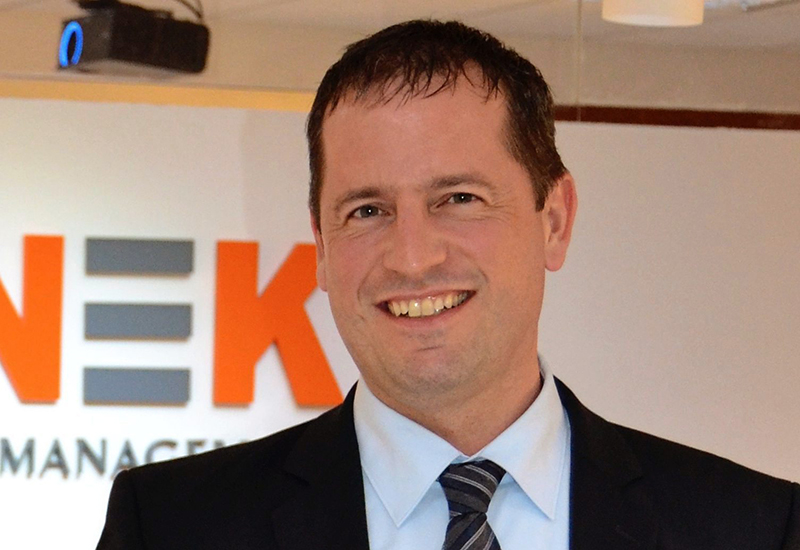There has been no shortage of hospitality tech breakthroughs in 2018. From chatbots to advances in Near Field Communications, a new generation of tools has entered the market, which promotes connectivity and convenience.
Within the hospitality sector, it is now almost commonplace for Artificial Intelligence (AI) to be implemented to personalise loyalty programmes, optimise rates in real time, take and amend bookings, and attend to guest enquiries when there are no associates available.
Behind the scenes in the back-of-house areas, digital team management tools, smart gadgets for guests, sophisticated cloud-based data storage and even data itself, are now harnessed to enhance the guest experience.
Meanwhile, equally exciting advancements are occurring in how we design, build and operate buildings and, once again, tech has the upper hand here.

| Advertisement |
Converge these two threads and Facilities Management (FM) is in for a high-tech 2019.
Take Augmented Reality (AR), for example. Using smart glasses or other devices, AR can now be used to overlay technical details on real-world objects, enabling fast diagnostics and even remote repair, on everything from water pipes to AC ducts.
By equipping non-technical staff with AR glasses for example, they can relay information on the necessary repair to a specialist who can plan the required maintenance from miles away. In some situations, they could even direct the repair.
Just as we are starting to centralise our consumer devices with such things as the Google Home Hub, management hubs will allow smart FM professionals to monitor all activities in a building or complex, from resource use to maintenance requests and waste management.
The technology collects building data and then communicates key events to occupants, such as which meeting rooms are free or how busy a restaurant or a hotel lobby might be. On a more technical level, this smart software can help building managers understand occupancy, environmental conditions and other data that impacts operations, by combining Internet of Things (IoT) capabilities, QR codes and real time data from multiple sources throughout the property.
However, it is essential that this endless flow of data is analysed and interpreted correctly, to fully appreciate the cost-savings that can be realised through preventative and predictive maintenance.
So, the trend we envisage is that software will inevitably continue to get even smarter, with AI evaluating that data and passing on measured calculation and instruction to hotel maintenance teams to improve outcomes.
As we continue the transition to a connected world, tech will no longer be the responsibility of the IT department but integrated through all departments. Naturally, this will demand FM professionals with specialist skills. However, that doesn’t necessarily mean additional costs.
In the first half of 2018, average hotel staffing costs in the Middle East increased by 2.4%, a figure compounded by a simultaneous rise in overheads, which dragged gross operating profits down by 17% per room. Naturally, reducing these expenses has become a priority.
So, consider this: instead of the investment demanded by a team of highly skilled smart FM professionals, hoteliers will be able to outsource their requirements, just as they have traditional FM functions in the past. This can reduce costs by 30 to 50%, while also eliminating the HR responsibilities of managing additional staff.
Consolidate all of those potential savings that are feasible when operating a smart building and the bottom line stats look far healthier.
The next couple of years are already shaping up to embrace some high-tech milestones – the first commercial 5G network is due for roll out before 2020 and a more sophisticated Google translate is on the cusp of revolutionising how we communicate through language barriers.
These adoptions aren’t happening simply because people like tech. They are happening because they enhance productivity and provide solutions in new ways.
The challenge now is for hoteliers to collaborate with those leading the high-tech future of FM, to understand and leverage the new tools at our fingertips and create a hospitality sector that is seamless, sophisticated and, above all, smart.
About the Author: Markus Oberlin is the CEO of Farnek – one of the leading total facilities management companies in the UAE with a workforce of 4000+ employees. He has more than 25 years of international experience in the field of facilities and energy management and has been working for Farnek for more than 10 years. Markus Oberlin is a certified engineer and an MBA. Email: info@farnek.com.









 Search our database of more than 2,700 industry companies
Search our database of more than 2,700 industry companies









